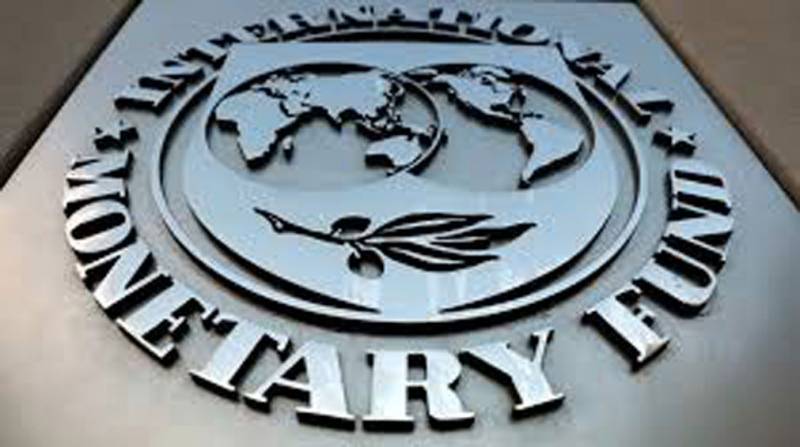ISLAMABAD - Pakistan and International Monetary Fund (IMF) would hold talks for the second review under the $6 billion Extended Fund Facility (EFF) bailout package in first week of next month (February) to review the economic situation of the country.
Talks for the second economic review would start from February 3, 2020 in Islamabad, which would last for around 11 days. The IMF in July 2019 had approved a 39-month extended arrangement under the Extended Fund Facility (EFF) for Pakistan for an amount of SDR 4.3 billion or about $6 billion. Pakistan had so far received $1.44 billion from IMF in two tranches.
Officials informed that IMF would review the economic situation of the country in second quarter (October to December) of the current fiscal year in the upcoming talks. Pakistanis officials would brief the Fund on autonomy of State Bank of Pakistan, and recently amended National Electric Power Regulatory Authority (NEPRA) Act. The Economic Coordination Committee (ECC) had earlier this month approved an amendment in the NEPRA Act. The amended NEPRA act would help the government to recover losses from power consumers by imposing new surcharges. It would also help in generating than Rs250 billion annual revenue to “address” the mounting circular debt. Besides this, NEPRA would be empowered to determine and automatically notify quarterly tariffs under the IMF benchmarks.
Officials informed that government had performed well on economic front in second quarter of ongoing financial year, which would pave way for releasing third tranche worth of $450 million. They said that Pakistan had controlled the budget and current account deficits and increased the tax collection in current fiscal year. Although, the FBR had faced massive shortfall in tax collection but top officials of the government claimed 16 percent growth in collection as achievement.
The FBR had faced shortfall of Rs284 billion in first six months of the current fiscal year. The FBR had collected Rs2083 billion as against the original target of Rs2367 billion. However, later, the government had revised the overall tax collection target to Rs5238 billion from original Rs5550 billion. Owing to lower-than-agreed tax collection, Pakistan has also missed the indicative tax collection target of Rs2.198 trillion, given by the IMF.
Meanwhile, the government had also controlled the Current Account Deficit (CAD) during six months of the financial year. The CAD had narrowed 75 percent to $2.153 billion in the first six months of the current fiscal year of 2020. The CAD was around $8.614 billion in the corresponding period of last fiscal year. Decline in the current account deficit was driven by import compression and moderate growth in exports. Higher foreign investment and increased remittances from Pakistani workers abroad also contributed to the improvement in the current account balance.
The government would also brief the Fund on the increase in exports of the country due to the measures taken by it. The country’s exports had increased by 3.14 percent to $11.53 billion in the July to December period of the current fiscal year. Similarly, the government’s step had also controlled the imports. The country’s imports in the first six months of current fiscal year clocked in at $23.23 billion, down by 16.9 percent from $27.95 billion over the corresponding period last year.






